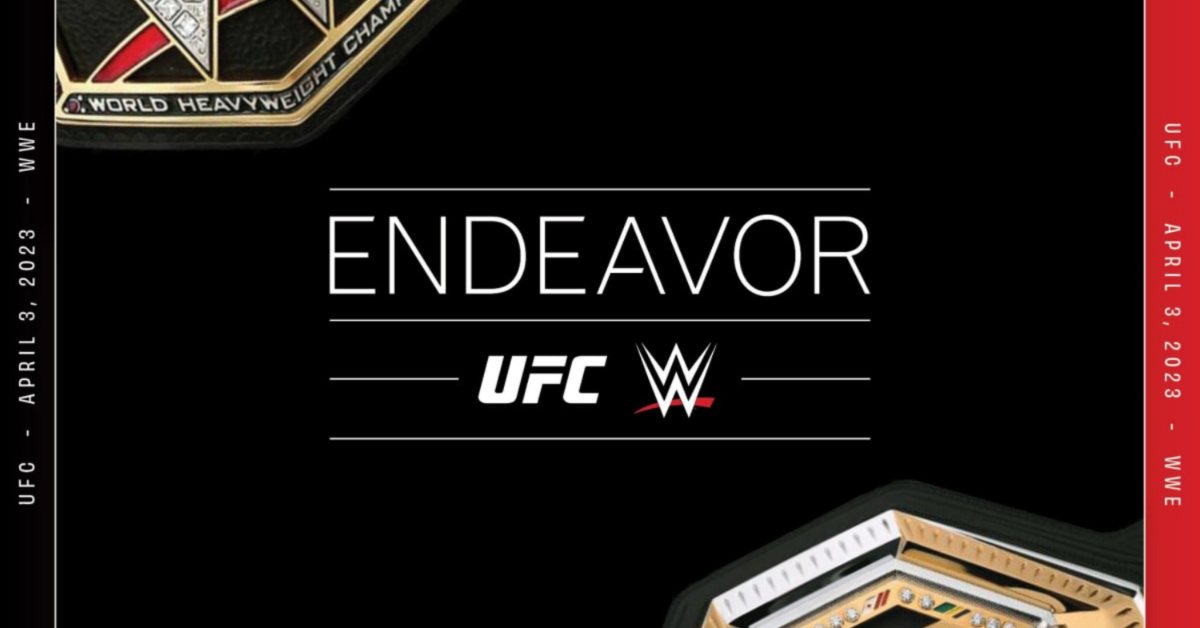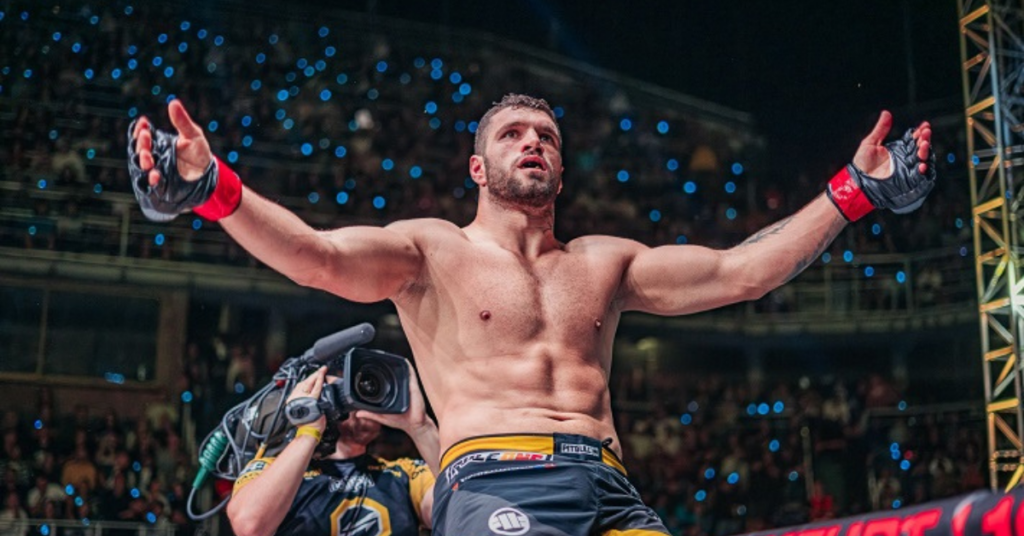The Future of UFC & WWE: Inside the Endeavor Deal

One of the most rewarding things about being a UFC fan is understanding each fighter. Because of their backgrounds, personalities, and training history, each has their own unique style. It makes studying each matchup highly rewarding, along with betting on lines from oddschecker, which collects offers from different sportsbooks. Along with analysts, fans like to dive into the weeds to forecast an outcome.
Unsurprisingly, MMA fans are some of the most dedicated and hardcore in sports. This mirrors the sport itself, which isn’t for the faint of heart. From fighters like McGregor and Koscheck to Nurmagomedov and Poirier, there’s also enough attitude alone to intrigue any sports fan. Throw in a McGregor knockout or a Khabib leg wrap, and it’s easy to see why MMA—and UFC fans—get so involved.
But even with all the personality and flair of MMA fighters, they don’t share much in common with WWE wrestlers. One is about performance, another about performing. And while there’s been plenty of movement from UFC to WWE, from Rona Rousey to Brock Lesnar to Ken Shamrock, thousands of MMA fans are shaking their head at the recent deal announced between UFC and WWE.
The Merger That’s Blowing Minds
In early April, news hit headlines that UFC would be merging with the WWE to create a single company headed by Ari Emanuel and Vince McMahon. The merger comes via Endeavor Group, led by Ari Emanuel, which owns UFC. It comes after rumors of McMahon’s WWE seeking out buyers.
And this, of course, comes after the ongoing battle between WWE and All Elite Wrestling, founded by Shahid Khan back in 2019. WWE is currently worth $9.3 billion, while UFC is worth $12.1 billion. McMahon will shift into a leadership position once the deal is finalized later this year.
And, according to Emanuel, it’s going to lead to ‘UFC 2.0’. But what does that mean? And why would UFC fans be excited about a partnership with a pro wrestling company?
Why, Why, Why?
The logic behind the deal is to merge two megalithic companies in sports entertainment. Some are also pointing to the relationship between UFC and pro wrestling—after all, if athletes are moving from one to the other, how different could they be?
Rather than comparing the sports, some are comparing the markets. In other words, though MMA and pro wrestling have little to nothing in common, audiences are reasonably salient. Someone who enjoys one or the other might tune in for a major event. Additionally, the WWE knows a thing or two about entertaining audiences with live events.
Even if UFC doesn’t borrow any of the storylines or drama from WWE, it could still take the company’s experience in live entertainment and revolutionize its fan experience. At least, in theory. Many more are pointing to media rights and revenue; WWE has a strong hold on both, which a new partnership with Endeavor Group could leverage.
Looking Ahead
Keep in mind that the UFC and WWE haven’t yet solidified their partnership. This is expected to happen later this year, assuming early discussions go well. And assuming they do—what happens next? UFC is known for hamstringing its fighters in terms of contracts, limiting how they can earn from sponsorships and promotional deals.
Few MMA fans would argue that UFC fighters should be compensated better for their efforts. They put their bodies on the line with each bout—and a steeper paycheck is well overdue. So, should the merger offer an immediate boost for fighters in UFC, then few would argue with the merit of the partnership.
However, it seems that many are expecting a type of crossover proliferation. Will there be more fighters moving from UFC to WWE? And, if so, would this just be to star in WrestleMania or another large event? For now, it seems there’s little interest from fans to see this type of OTT entertainment, but this type of crossover does seem inevitable.






